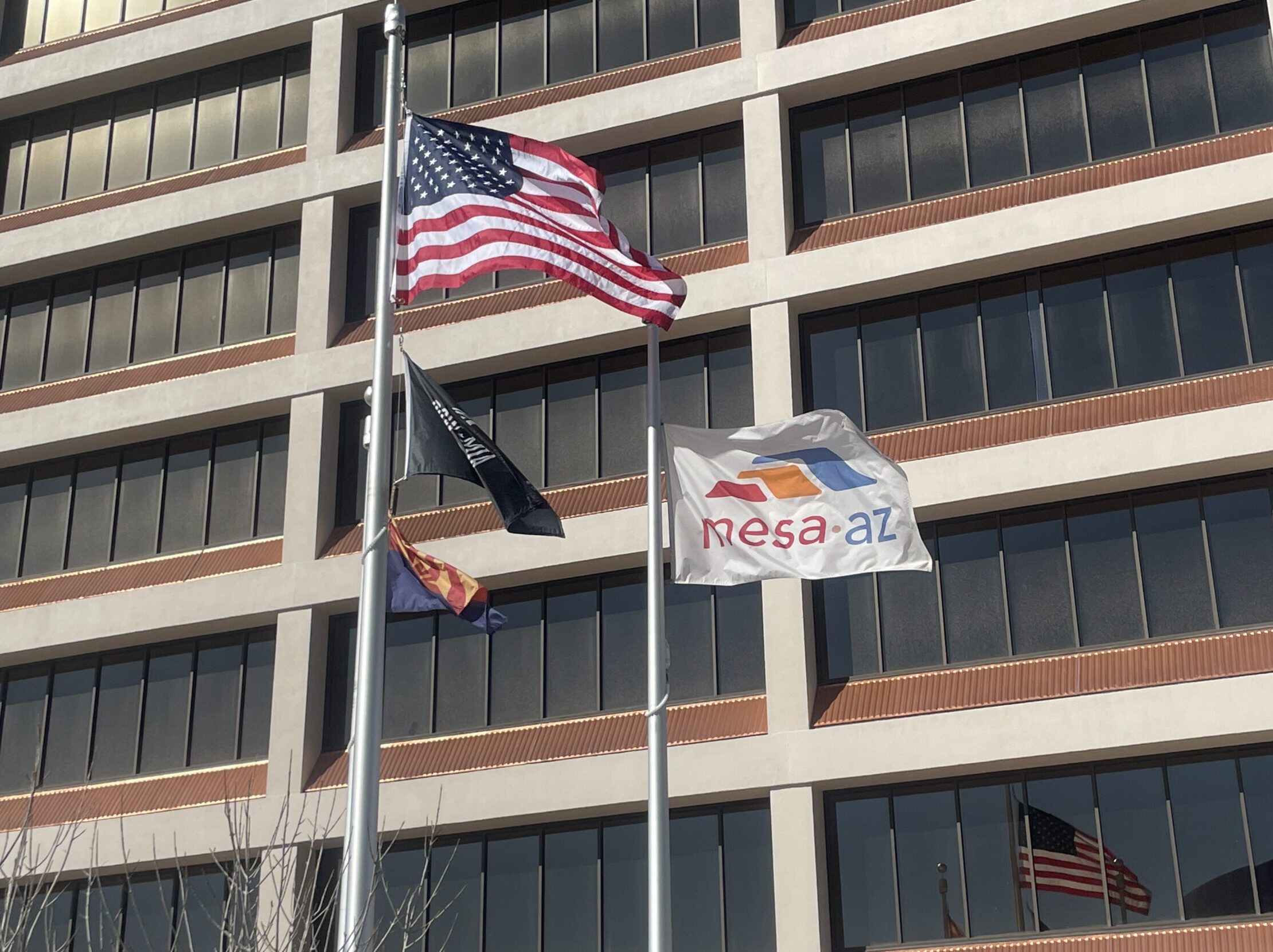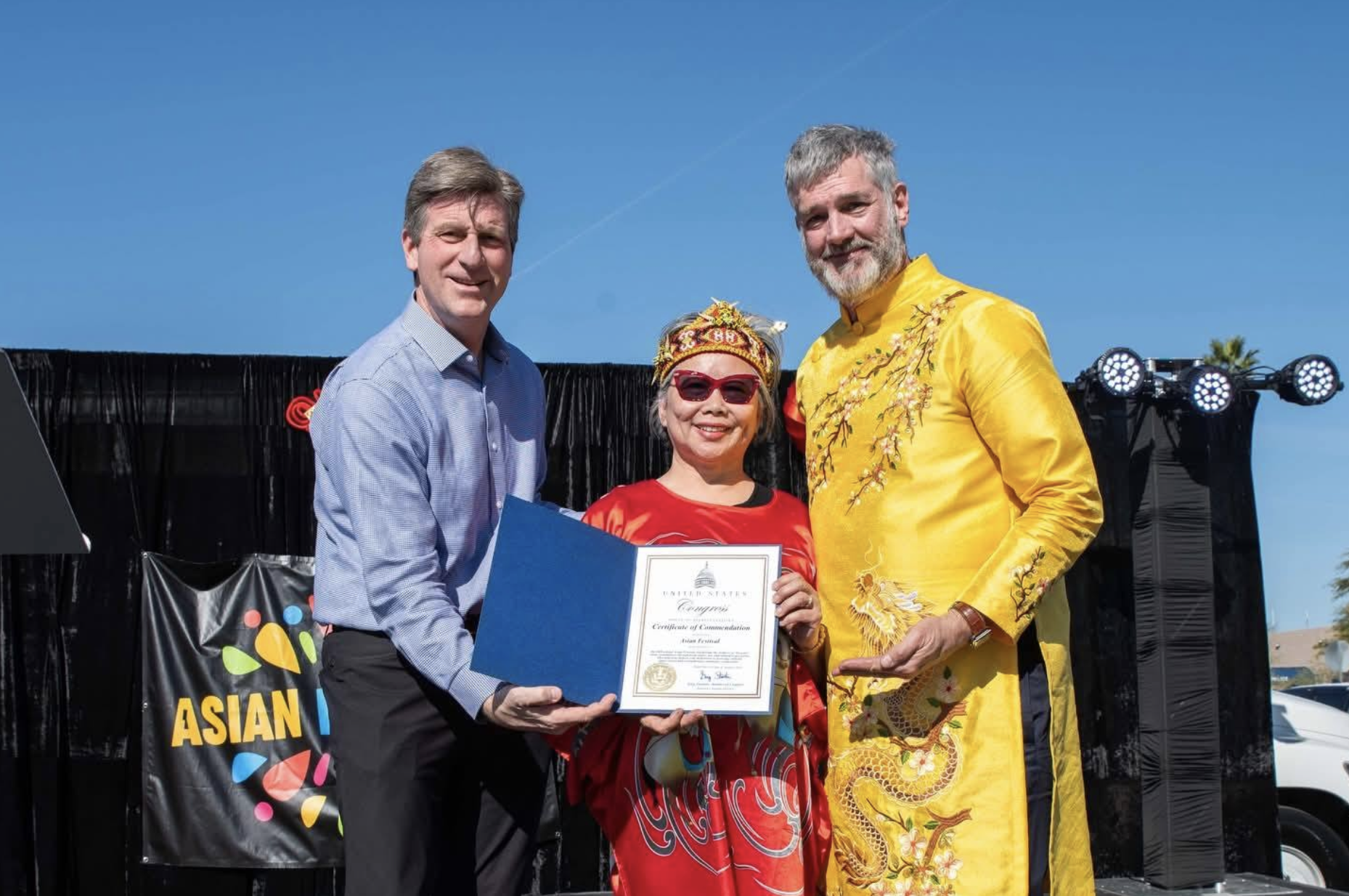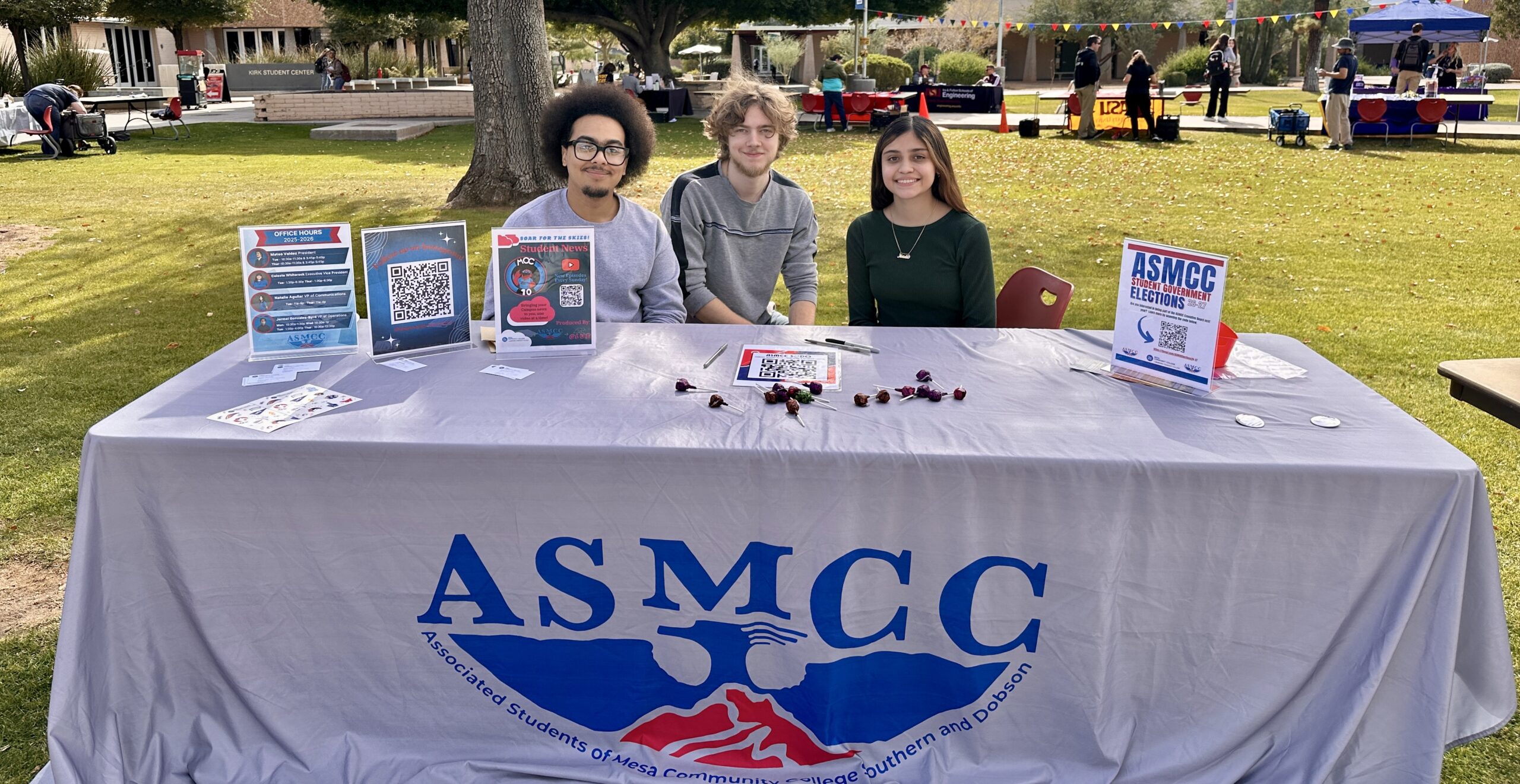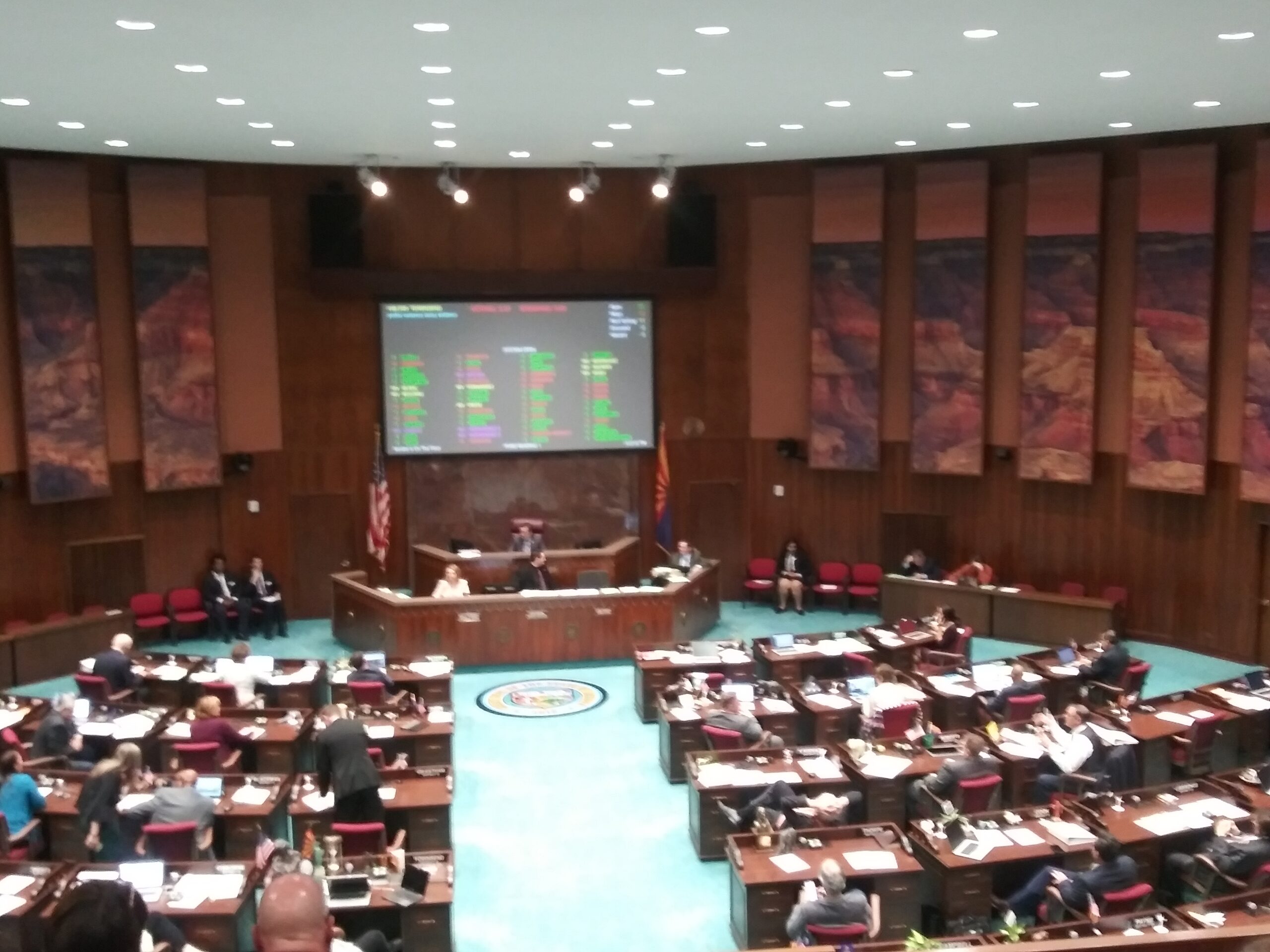Another stab at needle exchanges
Proponents of needle exchange programs have renewed the legislative effort to decriminalize the programs in Arizona for the third year in a row.
Rep. Tony Rivero, R-District 21, has again introduced legislation, House Bill 2608, legalizing a needle exchange if it qualifies as an “overdose and disease prevention program” under the proposed law. The measure was assigned to the Health and Human Services Committee which held a hearing on the bill on Feb. 6.
An “overdose and Disease Prevention Program” must offer all of the following:
HB2806 |
Committee members expressed no opposition to the proposal, and all those who testified at the hearing spoke in favor of the draft law. The committee voted 8-0, with one member voting present, to give the bill a “do pass” recommendation. After clearing constitutional muster in the Rules Committee, the legislation was sent to the full House for consideration.
The measure received its third reading in the full House on March 4, passing on a bi-partisan vote of 50-10 with no debate. It was sent on to the Senate which assigned it to the Health and Human Services Committee, chaired by Sen. Kate Brophy-McGee, R-District 28.
Brophy-McGee and the Vice Chair of the Committee Sen. Heather Carter, R-District 15, have voted in favor of similar versions of the law in previous sessions. Their prior support would otherwise bode well for the bill, but opposition from other quarters has doomed the legislation in the past.
One of the opponents of needle exchange measures in prior years was Maricopa County Attorney Bill Montgomery, who was replaced in October by Allister Adel, a former Deputy County Attorney. Adel’s sweeping reforms in the county’s criminal diversion programs may foretell a shift in the office’s position on needle exchange programs. She told community organizations who sought her support on HB2608 that her office will not take a position on proposed legislation this year, although she did support Governor Ducey’s failed ballot referral banning sanctuary cities.
Marilyn Rodriguez, a principal in the lobbying firm of Creosote Partners, has represented numerous public health organizations supporting Arizona’s needle exchange measures. She said even though the current remedies to combat substance abuse and overdose incidents are not working, Arizona continues to leave the tools of overdose and disease prevention programs off the table for reasons that remain unclear.
Despite bipartisan support for needle exchange laws in past sessions, resistance from the Governor’s office has killed those proposals in both the House and the Senate. Rodriguez said the Governor’s office has again expressed misgivings about the bill’s current version but has not specified what those concerns are.
Rodriguez said that “the concern in the Governor’s office . . . could be the difference between our ability to save more lives or maintain the status quo.” Still, Rodriguez said she has “every reason to believe that we have a better chance to pass the bill than we did in years past.”
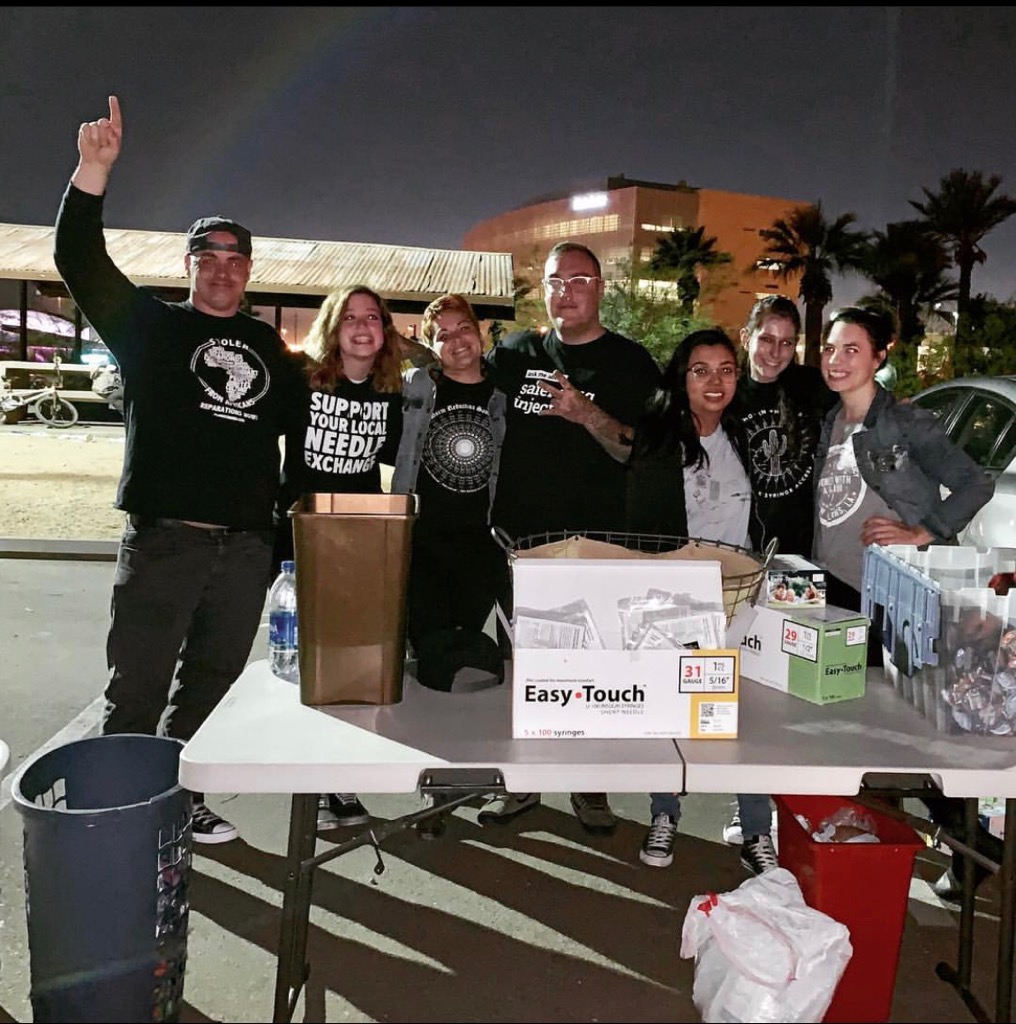
Needle exchange programs in Arizona have operated in the shadows–literally in the dark, subject to prosecution under Arizona’s criminal statutes prohibiting the sale or distribution of drug paraphernalia. Participants are subject to possible conviction of a class 6 felony, which can result in imprisonment for one to five years and/or a fine of not more than $2,500.
Unless Arizona joins the 39 other states that authorized or decriminalized the programs, needdle exchange programs will continue to operate under the radar. The coronavirus crisis has upended the current legislative session. Only legislation needed to establish the state’s budget and keep state agencies running is likely to receive consideration by law makers before the session is suspended. When or if pending bills, including HB2608, will advance is anyone’s guess.
